Overview
Louis Bull Tribe received $74,890 in grant proceeds for the completion of a Climate Risk and Resilience Assessment.
This project was funded in part by the Government of Alberta, through the Municipal Climate Change Action Centre’s Climate Resilience Capacity Building Program.
Approach
Louis Bull Tribe (LBT) is one of the four Nations of Maskwacis located south of Edmonton in Treaty 6 territory. The lands include the community of 3,127 hectares as well as 11,000 hectares of privately owned land.
The Louis Bull Tribe has a deep respect and connection to Mother Earth and an understanding that climate and environmental conditions are changing. Louis Bull has implemented a Lands for Prosperity Program that creates opportunities for LBT citizens to meaningfully maintain this connection with the land and maximize opportunities with jobs and revenue.
To address climate change, a better understanding of climate change and actions are necessary for Louis Bull Tribe to build a resilient and economically viable community. AECOM was retained to conduct a Climate Risk and Resilience Assessment to identify and evaluate the risk that climate related hazards may have on LBT’s infrastructure, people, and environment.
Results
The two main components of the project were to identify climate change risks to the community and lands, and to increase climate change awareness among Louis Bull community members. Through a community self assessment process, the project team determined that community awareness of climate change risks has increased.
Together with AECOM, 47 climate indicators were reviewed, with 13 indicators assessed as moderate to high risk. The anticipated climate risks to the community are outlined in the Climate Risk and Resilience Assessment Report.
Louis Bull Tribe can expect weather to be warmer, with less snow in the winter, heavy rainfall, and prolonged droughts.
The changing climate can lead to poor air and water quality, heat stress, hotter and faster spreading wildfires, impacts to buildings, and loss of vegetation including culturally significant medicines and foods.
Eight adaptive measures were recommended for the community and traditional land use, and for the Lands for Prosperity Program relating to agriculture.
Mitigation of climate impacts will require plans to prepare for wildfires, floods, droughts, and extreme weather. To continue building the climate resilience of the community, LBT will also need to implement effective water management and FireSmart strategies.
The Climate Risk and Resilience Assessment Report was used to create a two-page fact sheet that was discussed with Chief and Council and distributed to the community.
Benefits
This project has increased community awareness of climate change and has equipped LBT with necessary information to guide the development of mitigation strategies, ensuring that LBT can be better prepared to address climate impacts today, and into the future.
LBT plans to use the assessment in future projects that may mitigate and address climate change.
“By participating in this project Louis Bull Tribe has a better understanding of potential impacts of climate impacts on our ancestral lands. When we apply our traditional knowledge with the findings in this study we are more prepared to address climate change impacts.”
Shaleigh Raine, Lands and Consultation Manager & Louis Bull Tribe Community Member
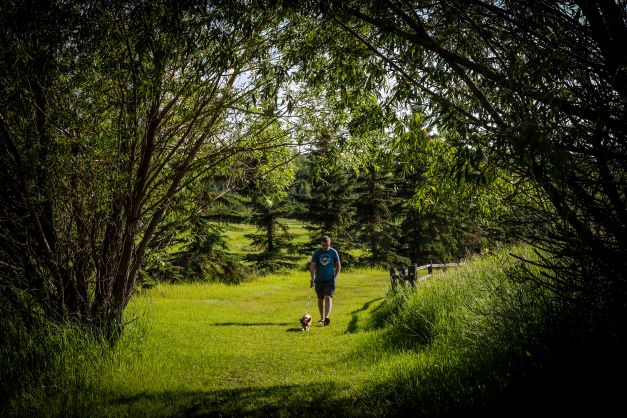
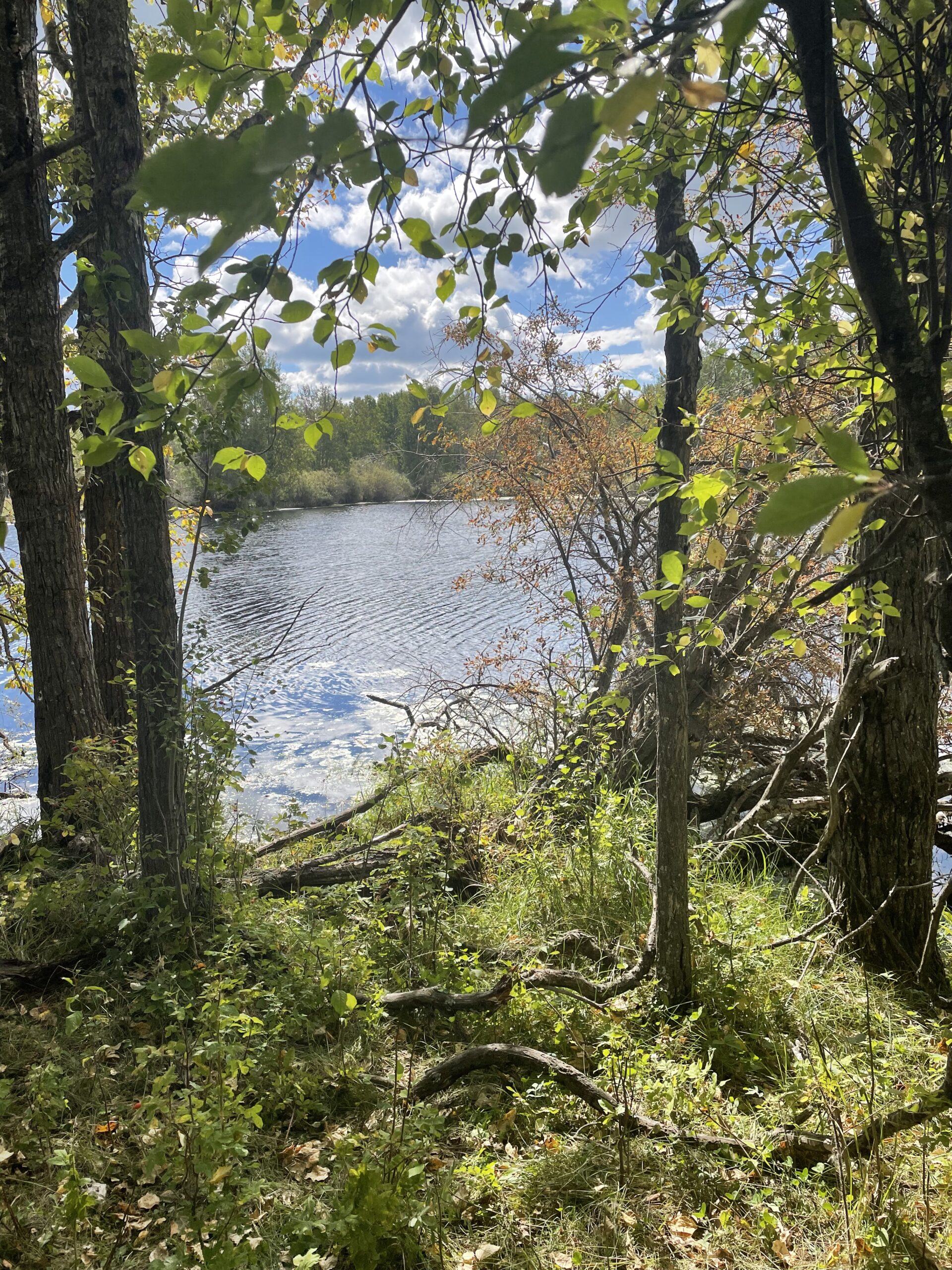
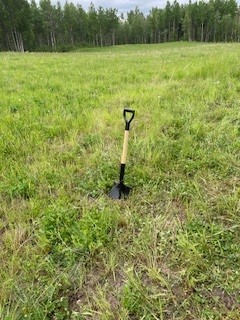
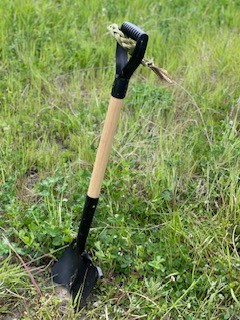
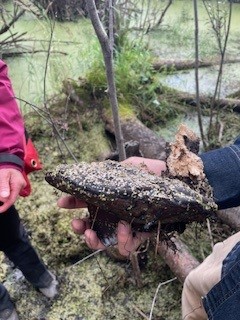
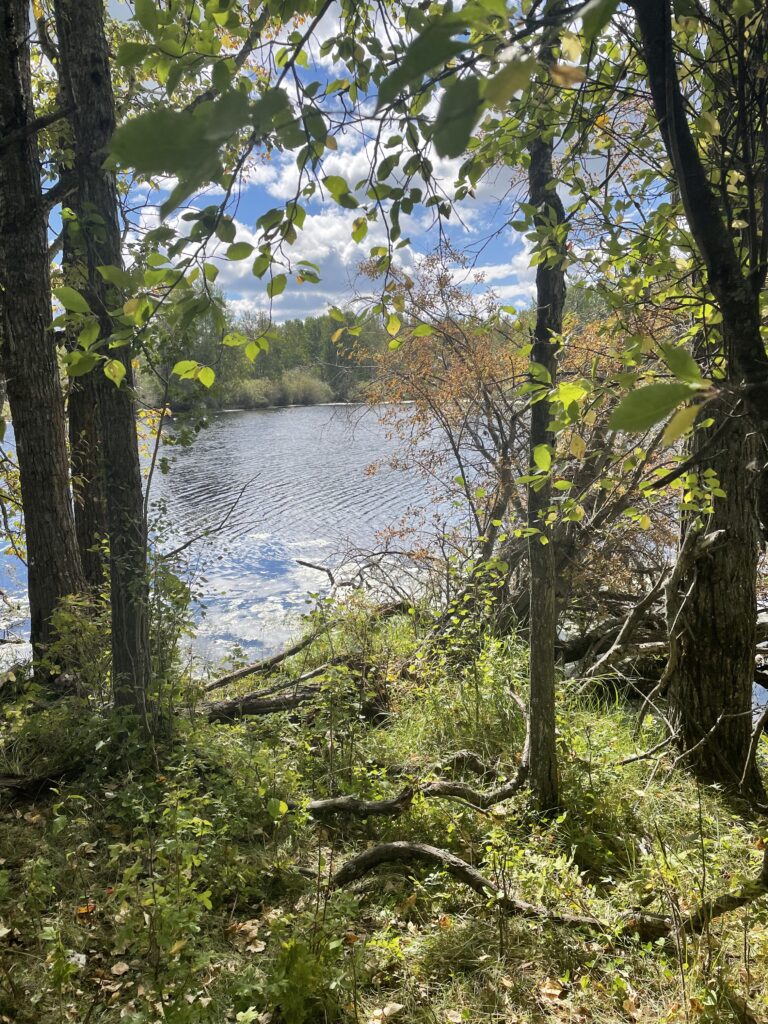

You must be logged in to post a comment.